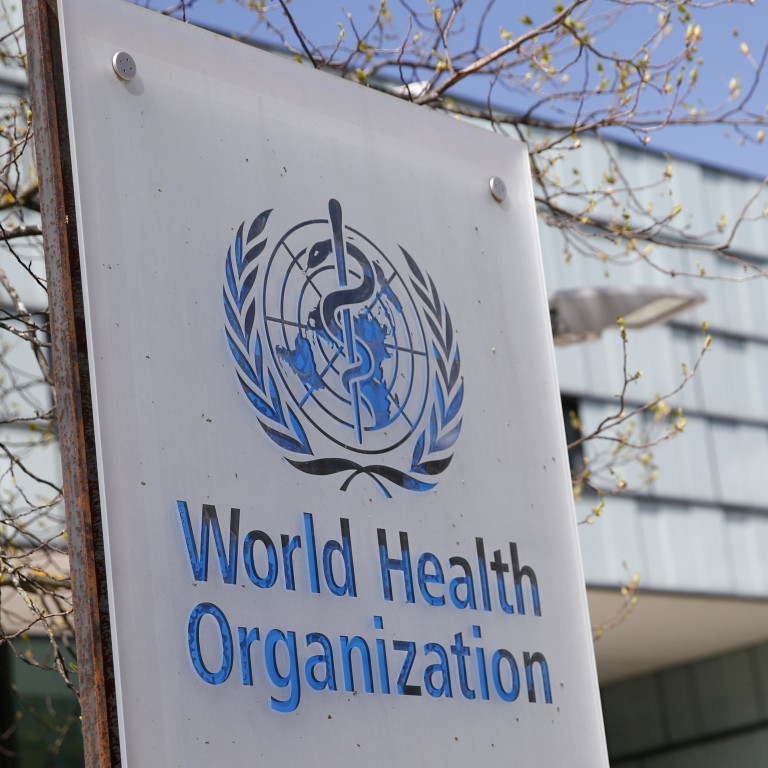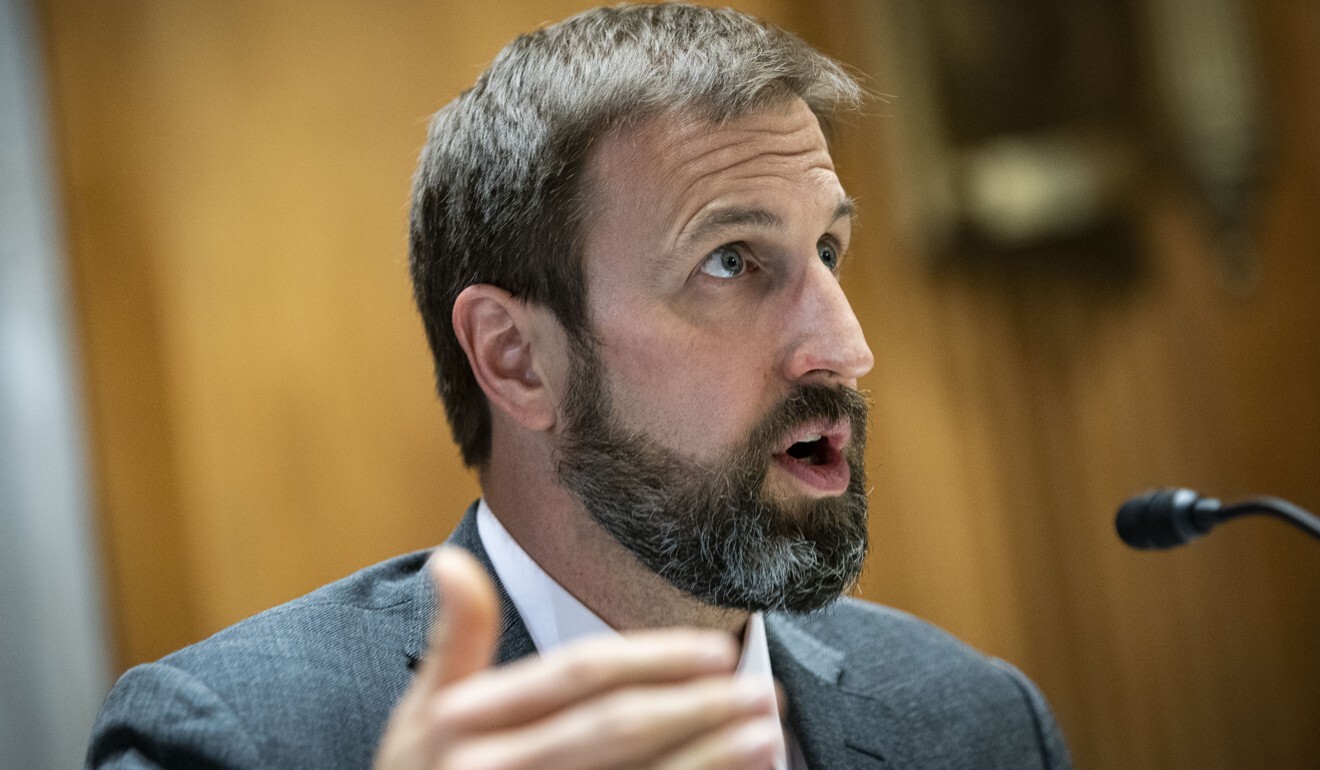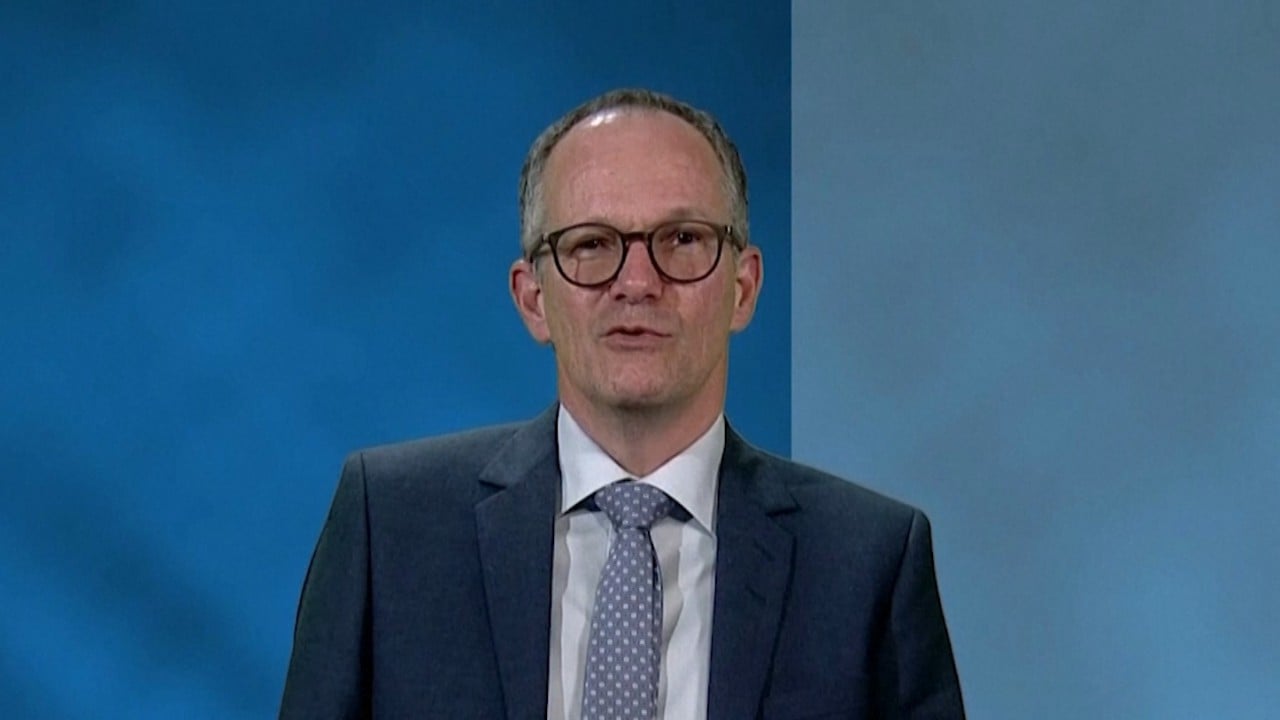
Coronavirus: Balancing act for WHO on next phase of investigation into Covid-19 origins
- UN body faces challenge to pursue ‘lines of inquiry that China will want … while at the same time meeting the expectations of the US’
- There are growing calls to look into the theory that the virus emerged from a lab in Wuhan, but that would require full access to the facility
A handful of nations at the time – including the United States, Britain and Japan – said the findings were flawed by a lack of transparency and independence from the Chinese government. WHO director general Tedros Adhanom Ghebreyesus also cited gaps in data access for the international scientists on the ground, though China has defended its transparency.
Now, a number of countries including the US, Japan, Britain and the European Union member states are calling for the next phase of research to start, into how the new virus began spreading in humans.

China too said it supported further research, but stressed that the “China part” of the work was completed and it was time for other countries to cooperate on global studies into the origins.
Finding a way forward that is legitimate and broadly accepted will be a significant challenge for the WHO, experts say.
“Trying to balance between pursuing lines of inquiry that China will want … while at the same time meeting the expectations of the United States – it’s a tricky one,” said global health governance expert and professor Sara Davies of Griffith University in Australia.
“It’s very clear that the US and its allies are not satisfied and have more questions they want answered, but from China’s [recent] statements, they are quite adamant that this is done.”

The theory was labelled “extremely unlikely” by the WHO-backed international team of researchers and their Chinese counterparts who worked together on the ground in Wuhan for a month earlier this year.
They found three other hypotheses – including that the virus came directly from a bat or passed from a bat to humans through an intermediary animal or a food product – more likely scenarios.
But investigating the lab leak theory has received growing support from prominent scientists and lawmakers in the US in recent weeks, and it was also backed by WHO chief Tedros following the last mission.
WHO chief seeks to end ‘scandalous inequity’ over vaccines
None of the countries who spoke at the assembly on Tuesday mentioned China or the lab leak theory directly, though Portugal, speaking for the EU countries, called for research into all four hypotheses explored by the WHO team.
Increasing discussion of the theory in the US may make its inclusion in future missions more important to some countries, but it will remain a red line for China, experts say.
“To further investigate the source, more work needs to be done in China … in particular, China needs to give full access to the Wuhan lab. But that is unlikely to happen,” said Ayelet Berman, lead in global health at the Centre for International Law, National University of Singapore (NUS).

01:33
WHO mission leader on ‘political pressure’, difficulty accessing data during Wuhan origin study
“Some people in the United States claim they want the truth, but their real intention is political manipulation,” Zhao said.
Wang Yiwei, a professor of international relations at Renmin University in Beijing, also called for the WHO investigators to look beyond China.
“China let the experts investigate, but the US has not. The US has the capability and maybe even had an accident from their laboratory, so [this research] should be done by all and not just targeting China,” Wang said. “That’s China’s position – anything to contribute to pandemic control, not politicise or even weaponise the investigation.”
Drew Thompson, a senior research fellow at the NUS Lee Kuan Yew School of Public Policy, said Beijing would continue to say China had “fulfilled their obligation” by hosting the first mission.
He said any further missions to China were unlikely to be based on a different set of terms that would be more acceptable to the US and others calling for an inquiry independent of the government.
“There’s no indication that the political dynamic in China has changed or the nature of the WHO’s relationships with its member states has changed,” he said.
But Berman expected more negotiations to come about what kind of origins research would move forward, either in China, neighbouring countries or elsewhere.
“While all countries support an inquiry, let’s follow and see what kind of inquiry they manage to agree on – if at all – in terms of scope, geography, and terms of reference,” she said.
Additional reporting by Catherine Wong

